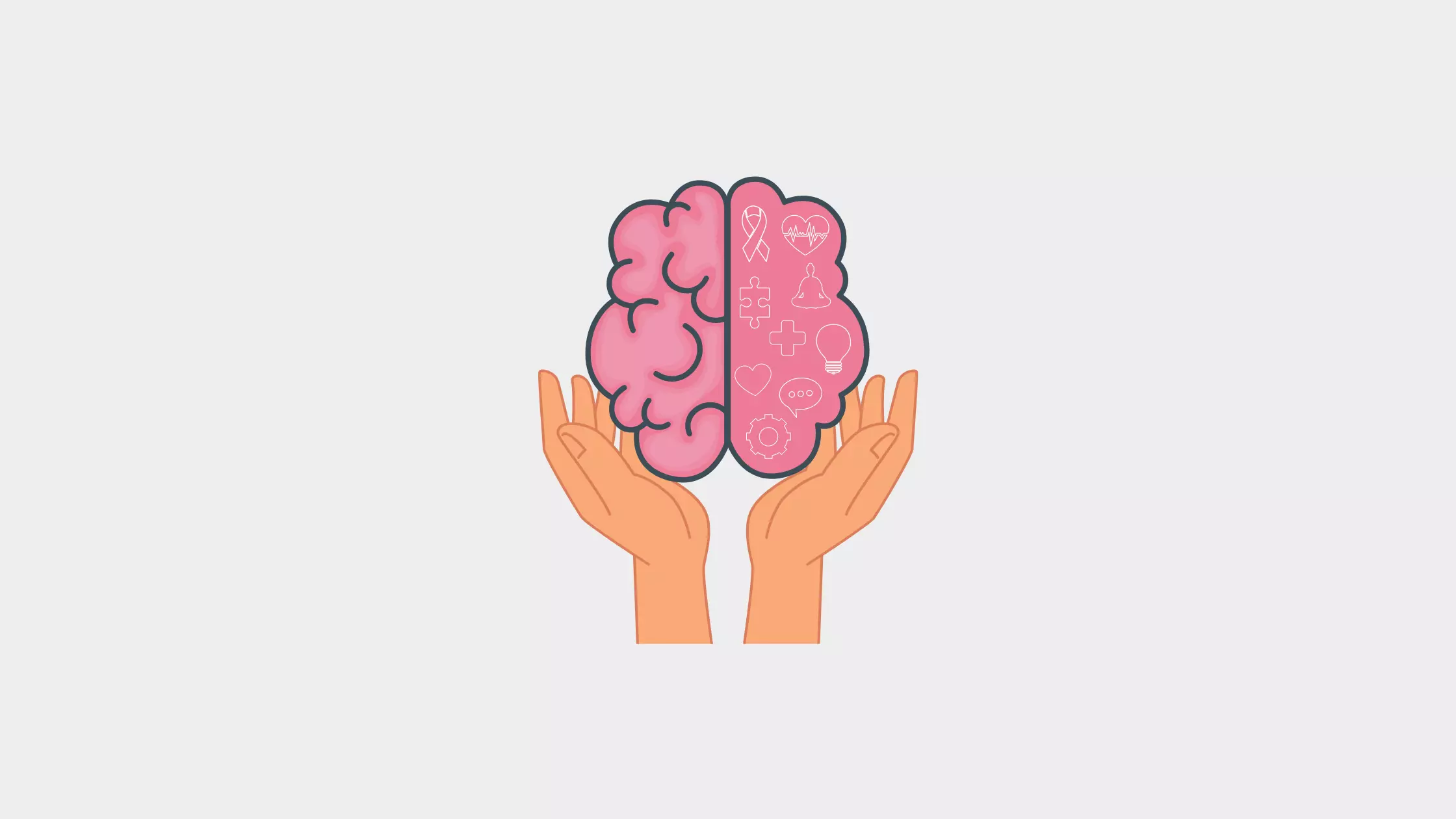Exploring the Connection Between Nourishment and Mental Health And Wellness Enhancement
In the world of mental wellness, the influence of nutrition is a topic of expanding interest and study. The detailed interaction in between what we eat and how we feel prolongs far beyond simple physical health. The implications of our nutritional selections on mental health have actually been increasingly acknowledged by wellness specialists and scientists alike. As we browse the complex landscape of modern lifestyles, revealing the nuanced partnership in between nutrition and mental health and wellness enhancement might hold the trick to opening a deeper understanding of our emotional and cognitive durability.
Impact of Food on Mood
The connection in between dietary choices and state of mind policy is a crucial facet of understanding the influence of food on psychological well-being. Research study has shown that particular foods can affect natural chemical task, impacting mood and moods. For instance, foods rich in omega-3 fatty acids, such as fatty fish, walnuts, and flaxseeds, have been connected to lower rates of anxiety and boosted state of mind policy.
Additionally, intricate carbs located in entire grains, fruits, and vegetables can assist regulate blood glucose levels, which subsequently can have a favorable effect on mood stability. On the other hand, diets high in processed foods, sugar, and saturated fats have been related to a raised danger of clinical depression and mood disorders.
Moreover, the gut-brain link plays a significant duty in state of mind policy. The digestive tract microbiome, influenced by the foods we eat, can communicate with the brain with the gut-brain axis, impacting state of mind, stress and anxiety degrees, and total psychological wellness. Making healthy and mindful dietary options is necessary for keeping a healthy and balanced and well balanced mood.

Vital Nutrients for Stress And Anxiety

In addition, the amino acid tryptophan, found in foods like turkey, eggs, and nuts, is a precursor to serotonin manufacturing, a neurotransmitter recognized for its function in promoting feelings of calmness and well-being. Vitamin B facility, especially B6 and B12, are also crucial for keeping a healthy and balanced nervous system and may aid reduce anxiousness signs.
Including these essential nutrients into a well-balanced diet can have a positive influence on taking care of anxiousness and boosting total mental health and wellness.
Dietary Methods for Anxiety

One nutritional technique for managing clinical depression is concentrating on foods abundant in omega-3 fatty acids, such as fatty fish, flaxseeds, and walnuts. Omega-3 fats have actually been linked to lowering swelling in the brain and web improving neurotransmitter function, which can favorably affect state of mind. Furthermore, increasing the usage of fruits, vegetables, whole grains, and lean proteins while minimizing the consumption of processed foods and sugars might aid in reducing depressive signs.
Moreover, keeping sufficient degrees of vitamin D, either with sunshine direct exposure or supplementation, is necessary for supporting mental health and wellness. Vitamin D shortage has been connected with an increased threat of depression, making it essential to make sure sufficient intake of this nutrient. By integrating these dietary strategies, individuals might efficiently complement standard treatments for clinical depression and boost their general health.
Gut-Brain Axis and Mental Wellness
Focusing on the elaborate connection between the gastrointestinal system and mental health and wellness, the Gut-Brain Axis plays an essential function in affecting cognitive features and psychological wellness. The Gut-Brain Axis is a bidirectional communication network in between the main nerve system and the enteric nerves, connecting the emotional and cognitive centers of the brain with peripheral digestive tract functions. This axis is controlled by a complex interplay of neural, immune, endocrine, and metabolic pathways.
Research recommends that the make-up of intestine microbiota, the diverse community of bacteria staying in the intestinal tract, can have a profound influence on psychological health. Inequalities in digestive tract microbiota, referred to as dysbiosis, have actually been connected with problems such as depression, anxiety, and even neurodegenerative conditions. Additionally, the intestine microbiota plays an essential duty in the manufacturing of natural chemicals like serotonin, which is important for managing state of mind and psychological actions.
Preserving a healthy and balanced gut microbiota through a balanced diet regimen rich in fiber, fermented foods, and probiotics is critical for sustaining psychological health (Mental Health Services). Strategies aimed at optimizing the Gut-Brain Axis use promising opportunities for home improving emotional well-being and cognitive function
Nourishment's Role in Cognitive Function
Offered the considerable influence of the Gut-Brain Axis on mental health and wellness, comprehending just how nourishment influences cognitive function becomes paramount in Bonuses promoting total well-being. Nourishment plays a crucial role in cognitive function by providing essential nutrients that sustain mind health and wellness and optimum performance.
Trick nutrients such as omega-3 fats, antioxidants, vitamins, and minerals are recognized to boost cognitive abilities, consisting of memory, focus, and analytical skills. Omega-3 fatty acids, located in fatty fish like salmon and nuts, have been connected to improved memory and cognitive feature. Antioxidants, plentiful in fruits and vegetables, assistance secure mind cells from damages triggered by totally free radicals, thus maintaining cognitive feature.
In addition, a balanced diet rich in whole grains, lean healthy proteins, fruits, and vegetables can favorably influence cognitive function by stabilizing blood glucose degrees and supplying sustained energy to the mind. Alternatively, diets high in processed foods, saturated fats, and sugars have been connected with cognitive decline and impaired mind feature. Therefore, making educated dietary selections is vital for keeping ideal cognitive feature and general psychological wellness.
Final Thought
Finally, the partnership between nutrition and mental health is diverse and complicated. The influence of food on state of mind, essential nutrients for anxiousness, nutritional methods for depression, the gut-brain axis, and nutrition's function in cognitive feature all play critical duties in mental well-being. Understanding the link in between nourishment and psychological health and wellness enhancement is important for promoting total wellness and dealing with psychological health and wellness issues. More research study and recognition around are required for advancing treatments and treatments.
The effects of our dietary selections on mental health have been significantly recognized by wellness professionals and researchers alike. As we navigate the complicated landscape of modern-day way of lives, revealing the nuanced relationship between nourishment and psychological health enhancement might hold the key to opening a much deeper understanding of our cognitive and emotional resilience.
Building upon the necessary nutrients that support mental wellness, especially in handling anxiousness disorders, the emphasis now shifts towards analyzing dietary techniques for resolving clinical depression.Focusing on the complex connection in between the gastrointestinal system and psychological health, the Gut-Brain Axis plays a pivotal role in affecting cognitive functions and emotional health (Mental Health Services). Comprehending the link between nourishment and mental health improvement is necessary for advertising total health and resolving psychological health and wellness problems